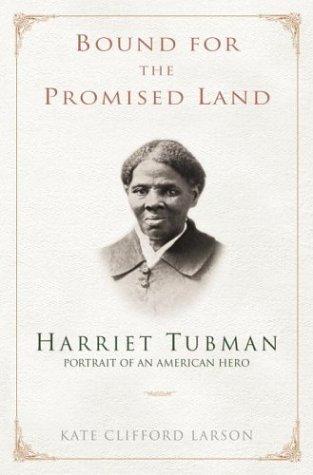MW was nearly empty when we got there, but by the time we checked out it was filling right up. $300 of Stuff.
Thank goodness for the wheeled Italian granny shopping cart that has been leaning against a wall here unused for umpity years. Not only could we get so much Stuff at once, we didn't need to use one of MW's carts. We shouldn't have to do this again for another week, I think.
~~~~~~~~~~
. . . . The reports are that the Zoom courses are immediately becoming a lifesaver for the School's students. And not only here. I'm getting that info from all sorts of friends who doing college and university distance learning. Like the Cuban Music students P's unanimously requested their classes meet twice a week rather than once. They can see each others' faces, they can all talk.
Others we know, too are saying that immediately they felt the students were focused on them and the content in a way they never were in the physical classroom. E has students who say they are so lonely in their isolation from their peers this is keeping them sane.
Plus, the music classes -- afro latin, Cuban classes -- with the music that is the subject, are so cheerful and interesting. For this hour and 15 minutes the students don't have to think about C19. Also one can have fun in other ways with Zoom. At one point the students were asked to stand up from where they were sitting in their locations and do some dance steps. Hilarity ensued as moving has the effect of cutting off heads, leaving other parts of the body moving on the screen, etc.
After trying to do some straightening and putting away the Stuff from the incredibly stressed shopping, and then the class, we were both chilled. We'd no sleep Wednesday night, stressed about shopping. Our metabolisms were screwed from rushing to dress, not having breakfast or anything before shopping, and then at home trying to get certain things out of the way before 11 AM. and the course meeting
So, after class, el V and I did something we never do. We shut off all the devices except fones and went to bed. We spent the afternoon getting warm and talking and reading and laughing, and answering phone calls.
The heat came up and I began what now I regard as a 'treat' dinner, after four days straight of variations on the main of kidney beans and rice (ya, rationing and frugality from the start, yanmo?), a fresh (not thawed from the freezer) pork roast from the shopping, in a slow oven with lots of the cheap white wine, onion, some dried 'shrooms, etc. fresh asparagus and yammy yams! And wine, the good stuff, of which we drank some! And read to each other and talked and laughed some more, while listening to music. I ate whole (smallish) meal. I've been forcing food into me because I know not eating won't do any good. But have had little to no appetite for weeks now.
Then came a phone call, and like so many others, we were saved by our friends!
K and C's hardware store up on Jumel Terrace had a big supply of gloves and masks. They got us some. We could reimburse them via PayPal, in which someone just yesterday deposited exactly the amount they'd spent on us. Dear, beloved B biked up there and did a hand off -- it took him less than 45 minutes, and there's a big hill, that's what kind of biker he is! So B and the mother of his daughter, el V and I all have masks and gloves now. Plus they threw in some quarts of Parmalat, they'd picked up for me earlier because in their neighborhood evidently nobody drinks the stuff and it just sits there on the shelves.
WOOOOOOOOOOOOOOOOOOOOOOOEEEEEEEEEEEEEEEEEEEEE!
Plus el V was called to write some press releases and other promotional material for some latin artists -- $work$!
~~~~~~~~~~~
Loaned across-hall neighbor a Hudson Bay wool blanket. It's warm/ish outside but this building's original lack of insulation (the post Civil War era) makes cold accumulate and just hang when the radiators aren't on, at least until the hot weather comes to stay. Wednesday night it was down to 37°. So ya, it was cold in here. Plus the blanket, a box of 3-minute oatmeal that she can cover when it sits with a plate -- nor does she have an attention span, I think, longer than that, due to her mental illness and the meds that keep sort of balanced. She still hasn't taken the steps to get some cooking gear -- she does have the mean$ to do so. Gave her some of our hot mashed yams to add to her soup - beans, along with some boiled eggs. None of the asparagus or pork, because she doesn't eat that. Today I gave her a quart of the Parmalat.
It's not as pretty a day as yesterday was, but I woke this morning for the first time without feeling sick to my stomach. I still haven't listening to the news or even read it, because everyday Death Cult Jim Jones declares something worse, and a greater determination to kill us and all Dems, insuring his reelection.






SHAME the writer.. SHAME the press. SHAME the website.
SHAME. SHAME. SHAME.